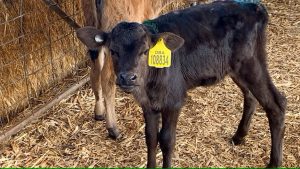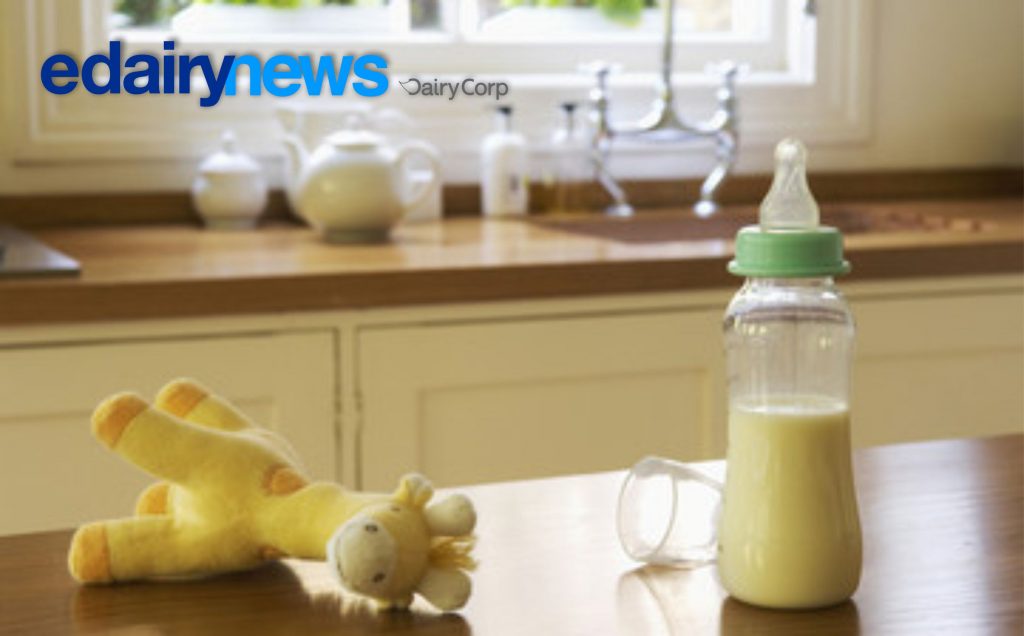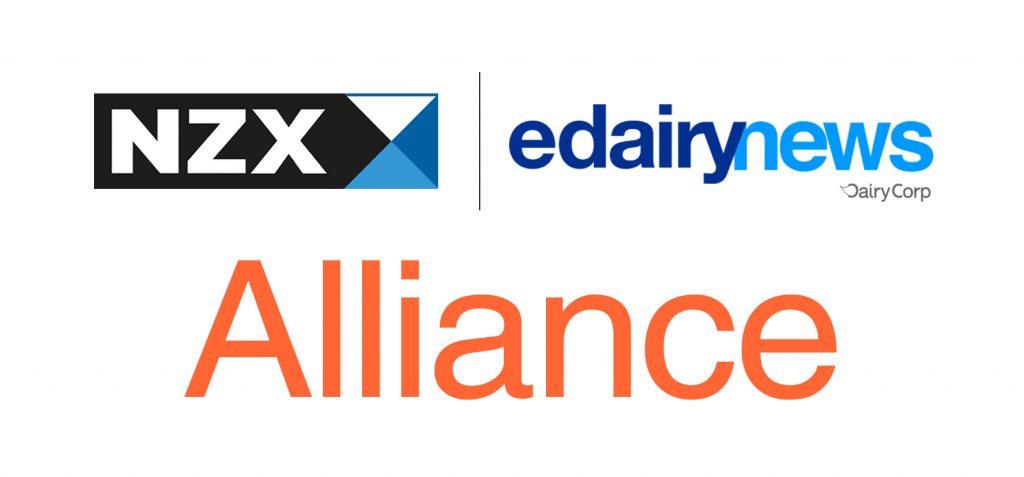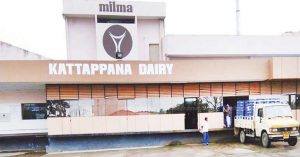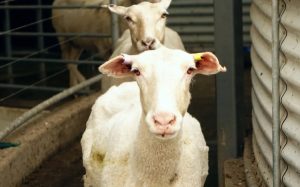The trade deal between India and the United Arab Emirates (UAE) has mandated stringent rules of origin conditions, with 40 per cent value addition required on exporting items to avoid routing of products manufactured in third countries to India via UAE.
In any free trade agreement (FTA), the rules of origin determine the criteria for which goods are eligible for free imports.
Under this trade deal, there will be a need for substantial processing of up to 40 per cent value addition and a certificate of origin issued by the Ministry of Economy, UAE, said government officials.
Generally, in trade deals, the value addition is to the tune of 30-35 per cent. In the case of India-UAE Comprehensive Economic Partnership Agreement (CEPA), some high-valued items are excluded from such stringent value-addition requirements.
Moreover, a permanent bilateral safeguard mechanism has been agreed upon to deal with any sudden surge in imports of any product. Such a clause has been included to protect the domestic industry.
According to government officials, previous FTAs did not have enough safeguards to protect the domestic industry in case of surge in imports. This, according to them, led to a trade deficit with the Association of Southeast Asian Nations after signing the FTA.
This is the first time India is entering into a contract enforcing the country of origin, which will disable the circumventing of products from other countries through the FTA route.
India has kept items such as dairy, fruit, cereals, vegetables, tea, coffee, tobacco, dyes, soaps, footwear, petroleum, tyres, toys, aluminium scrap, copper, processed marble, among others, out of the trade pact with the UAE. There is also a separate exclusion list for some products, including dairy, tea, coffee, spices, sugar, and tobacco, to protect the domestic industry.
Areas where manufacturing has been robust and sectors wherein the government has rolled out production-linked incentive schemes have been put on the negative list, Commerce Secretary B V R Subrahmanyam had told reporters on Saturday.

India and the UAE on Friday signed a CEPA that is set to benefit nearly 90 per cent of India’s exports, in terms of value. The pact is expected to kick in over the next 60 days, after the UAE completes its constitutional and legal processes.
The UAE is offering overall duty elimination on over 97 per cent of its tariff lines, corresponding to 99 per cent of India’s exports, in terms of value. Indian exporters will get immediate zero-duty market access in labour-intensive sectors, such as leather, footwear, gems and jewellery, furniture, among others.
The trade pact is likely to benefit around $26 billion worth of Indian products that are subject to 5 per cent import duty by the UAE.
This is the first time the pact has included chapters on intellectual property rights, government procurement, and digital trade. “These (chapters) may be very small, but they will set the tone and convey India’s desire to be a large global player,” Subrahmanyam had said.
While digital trade will cover areas including paperless trading, personal data protection, and cross-border flow of information, the dispute settlement provisions will not apply to this.
The Federation of Indian Export Organisations President A Sakthivel said the trade deal will result in exponential growth in India’s exports to the UAE and will open the market to other Gulf Cooperation Council (GCC) countries.
“GCC countries also follow the same technical standards as applicable to the UAE, paving the way for greater market access to Indian goods in the GCC market. This may be used as a template for similar agreements with GCC countries,” said Sakthivel.



